America's Saudi-led allies are apparently paying off, recruiting al Qaeda in Yemen


The U.S. is participating in two wars in Yemen: supporting and aiding a Saudi-led effort to defeat the Iran-backed Houthi Shiite rebels and an older push to eliminate al Qaeda in the Arabian Peninsula (AQAP), the terrorist organization's most dangerous surviving branch. The latter mission seems to take precedence, because the U.S. has frequently looked the other way as Saudi Arabia, the United Arab Emirates, and their Yemeni allies secretly pay al Qaeda militants to leave occupied areas, declare victory, and recruit AQAP militants to fight alongside their common enemy, the Houthis, The Associated Press reports.
"These compromises and alliances have allowed al Qaida militants to survive to fight another day," and "key participants in the pacts said the U.S. was aware of the arrangements and held off on any drone strikes," AP reports, citing interviews in Yemen with two dozen security officers, militia commanders, tribal mediators, and AQAP members. The U.S. has given billions of dollars in weapons, aircraft refueling, and military intelligence to the Saudi anti-Houthi coalition, but "there is no evidence that American money went to AQAP militants," AP says.

A Pentagon spokesman told AP that the U.S. has "conducted more than 140 strikes to remove key AQAP leaders and disrupt its ability to use ungoverned spaces to recruit, train, and plan operations against the U.S. and our partners across the region" since early 2017. Meanwhile, AQAP says it's using the Saudi and UAE money, equipment, and conferred legitimacy to recruit new members, AP reports.
The Week
Escape your echo chamber. Get the facts behind the news, plus analysis from multiple perspectives.

Sign up for The Week's Free Newsletters
From our morning news briefing to a weekly Good News Newsletter, get the best of The Week delivered directly to your inbox.
From our morning news briefing to a weekly Good News Newsletter, get the best of The Week delivered directly to your inbox.
"Elements of the U.S. military are clearly aware that much of what the U.S. is doing in Yemen is aiding AQAP and there is much angst about that," says Michael Horton at the Jamestown Foundation, a U.S. terrorism analysis group. "However, supporting the UAE and the Kingdom of Saudi Arabia against what the U.S. views as Iranian expansionism takes priority over battling AQAP." Read more about the complicated Yemen entanglement at AP.
A free daily email with the biggest news stories of the day – and the best features from TheWeek.com
Peter has worked as a news and culture writer and editor at The Week since the site's launch in 2008. He covers politics, world affairs, religion and cultural currents. His journalism career began as a copy editor at a financial newswire and has included editorial positions at The New York Times Magazine, Facts on File, and Oregon State University.
-
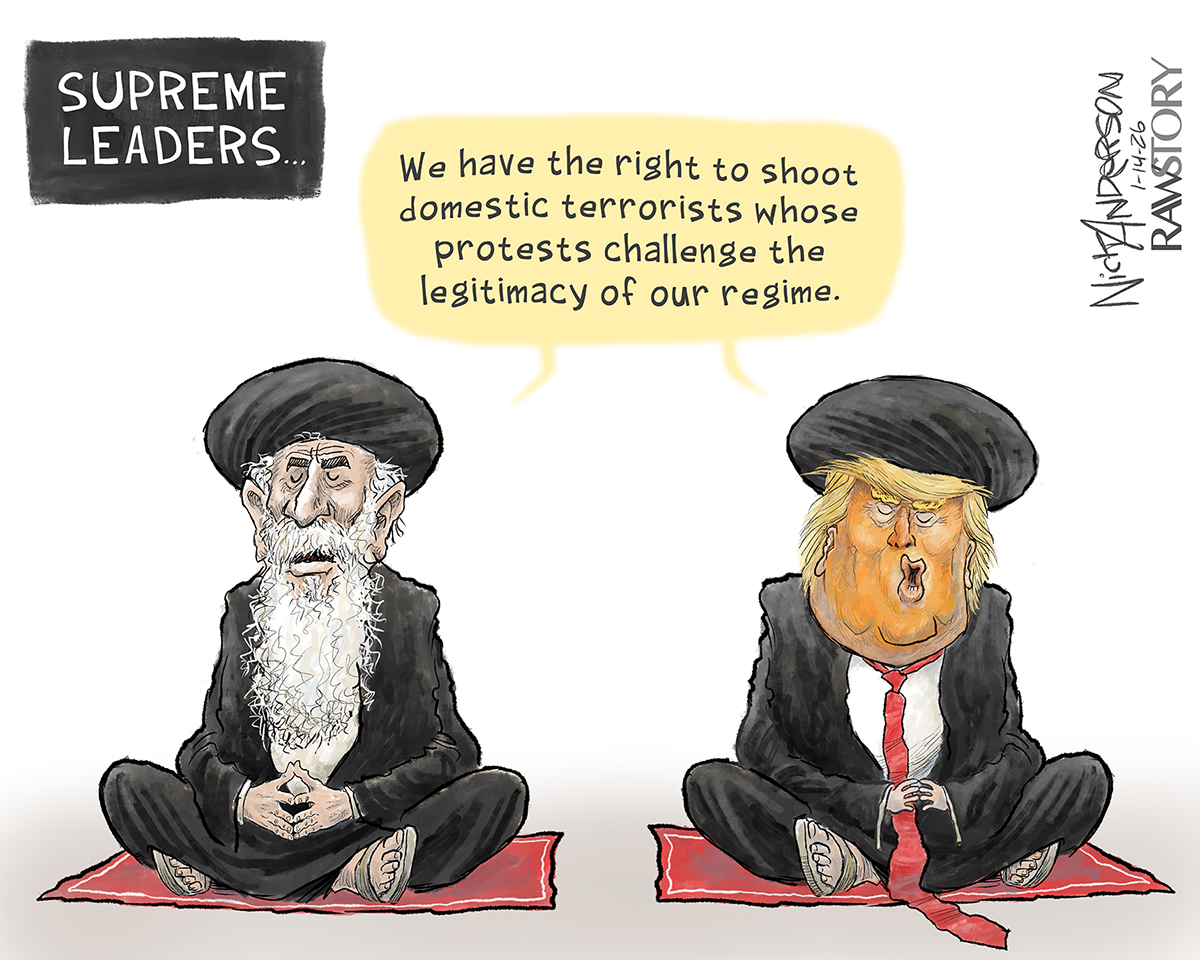 Political cartoons for January 15
Political cartoons for January 15Cartoons Thursday’s political cartoons include political parallels, EPA abandoning environment, and more
-
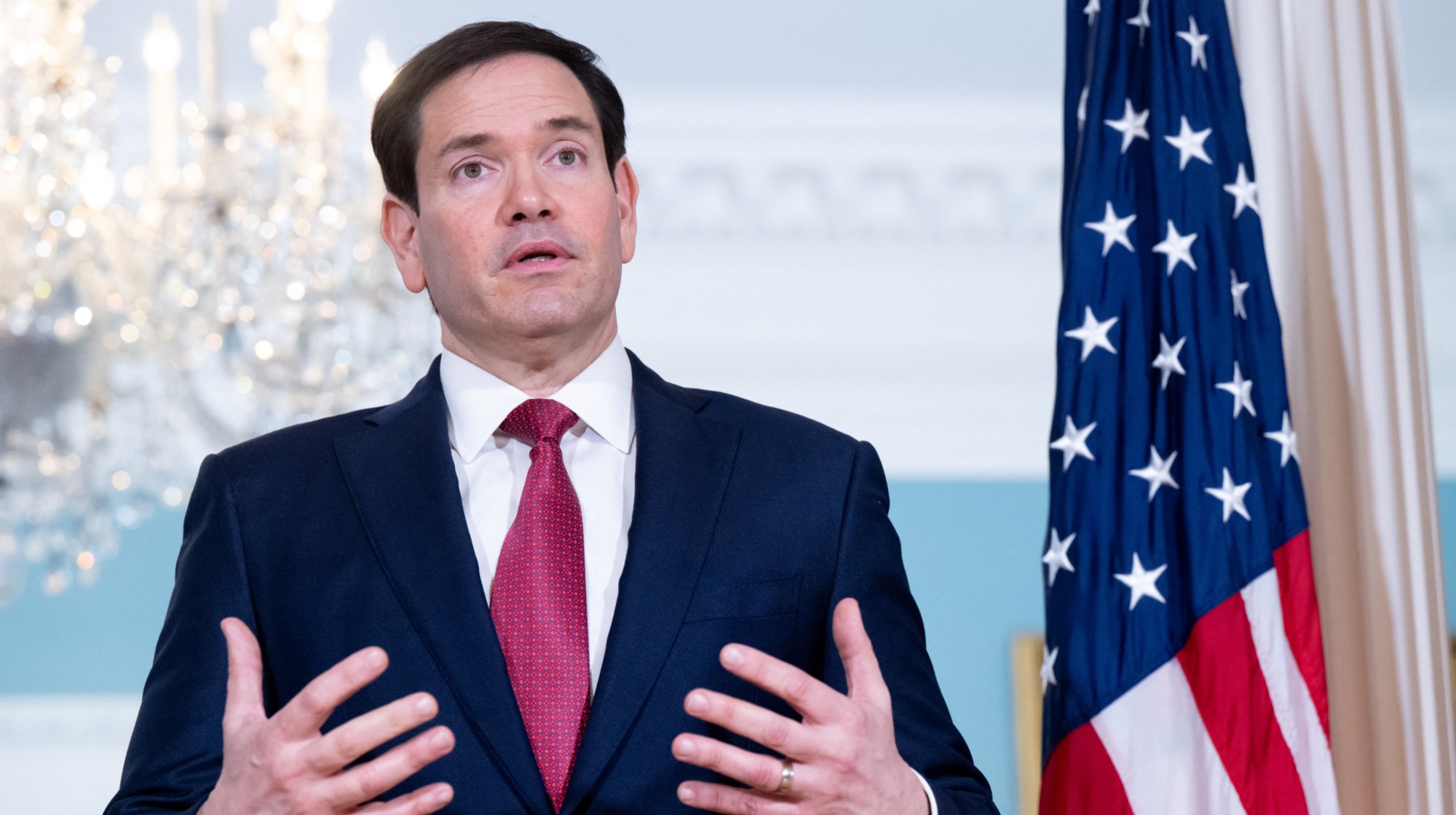 White House halts migrant visas for 75 countries
White House halts migrant visas for 75 countriesSpeed Read Brazil, Egypt, Russia, Iran and Somalia are among the nations on the list
-
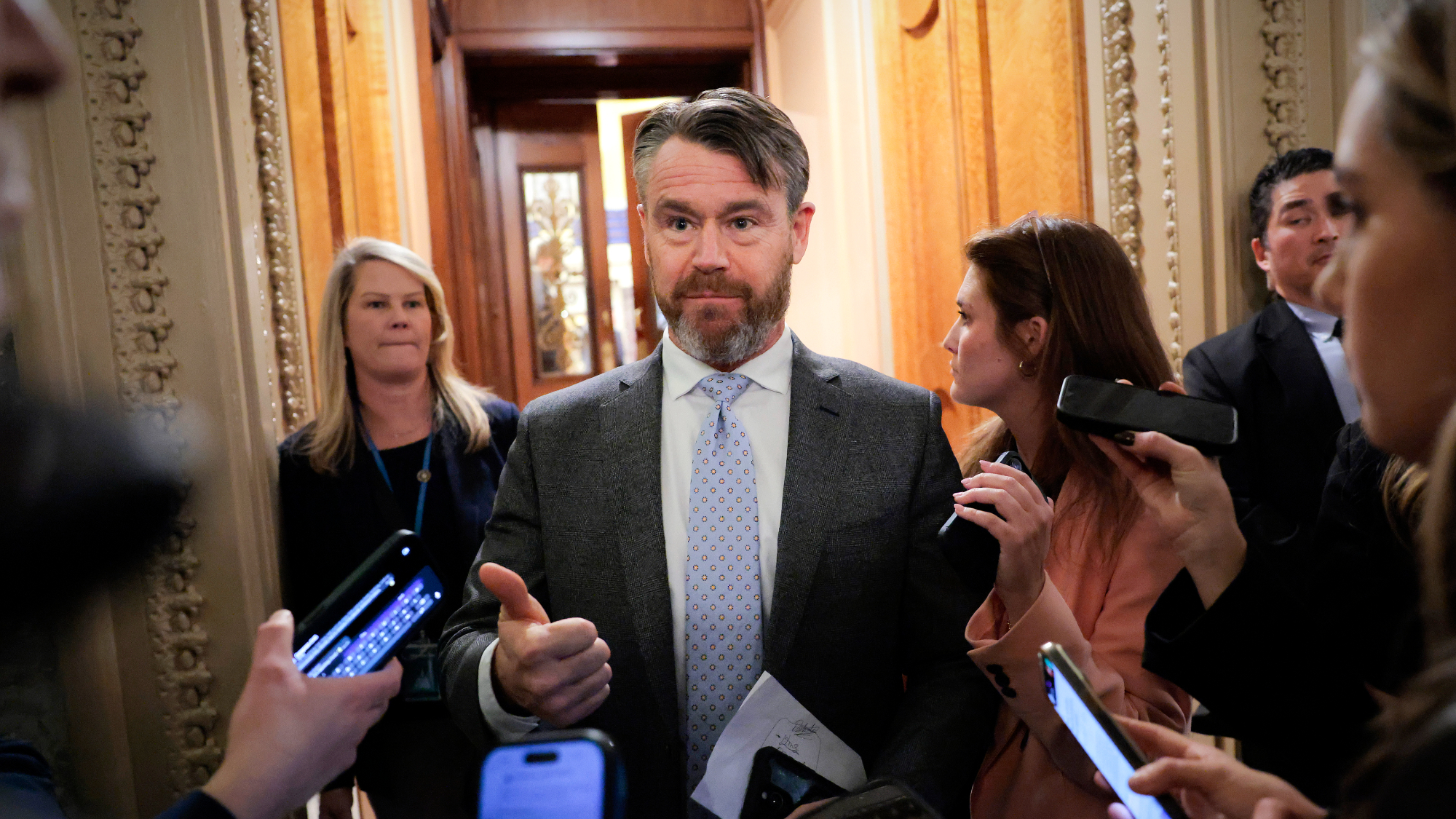 Trump, Senate GOP block Venezuela war powers vote
Trump, Senate GOP block Venezuela war powers voteSpeed Read Two Republicans senators flipped their vote back amid GOP pressure
-
 The billionaires’ wealth tax: a catastrophe for California?
The billionaires’ wealth tax: a catastrophe for California?Talking Point Peter Thiel and Larry Page preparing to change state residency
-
 ‘If regulators nix the rail merger, supply chain inefficiency will persist’
‘If regulators nix the rail merger, supply chain inefficiency will persist’Instant Opinion Opinion, comment and editorials of the day
-
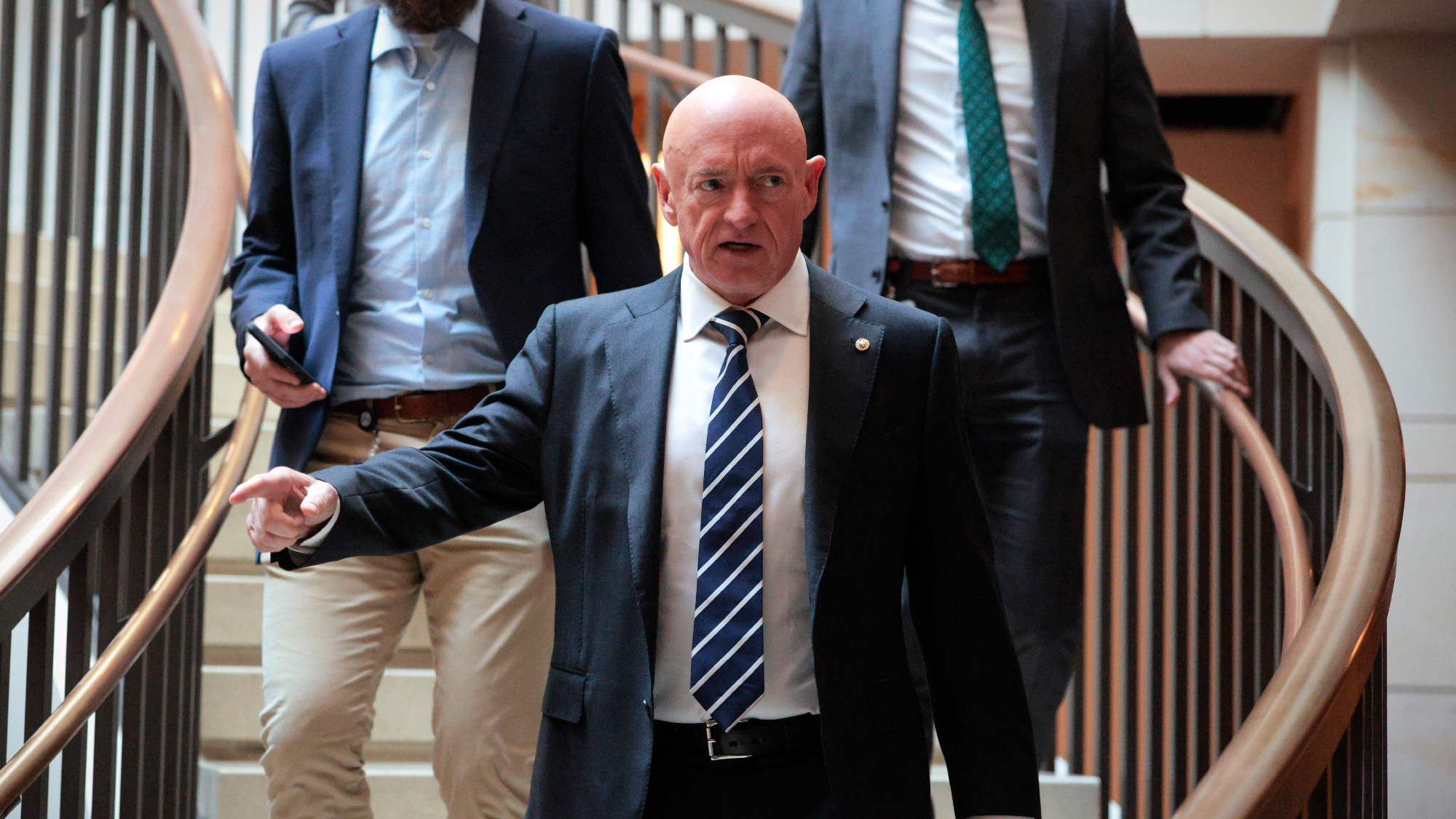 Hegseth moves to demote Sen. Kelly over video
Hegseth moves to demote Sen. Kelly over videospeed read Retired Navy fighter pilot Mark Kelly appeared in a video reminding military service members that they can ‘refuse illegal orders’
-
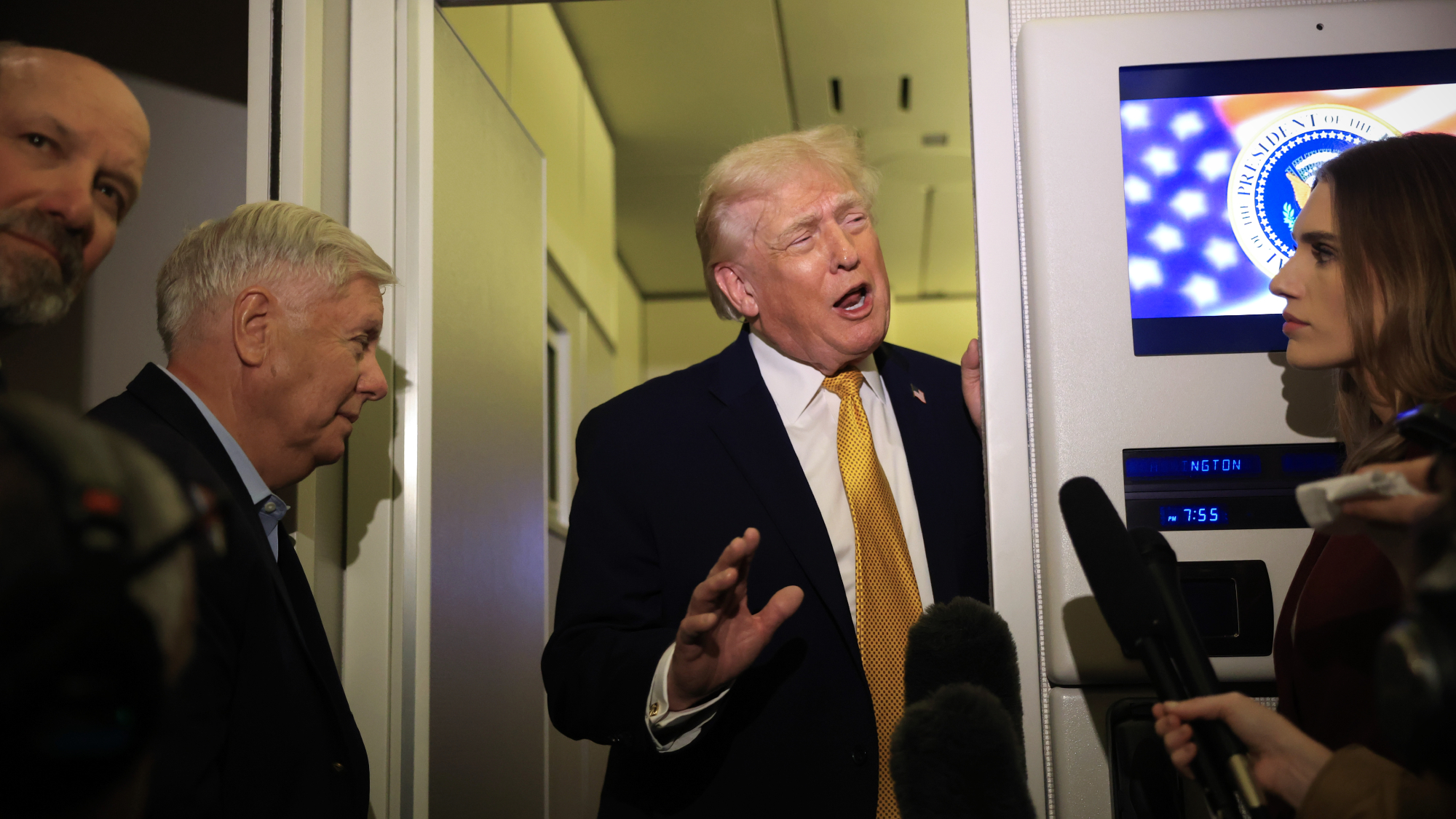 Trump says US ‘in charge’ of Venezuela after Maduro grab
Trump says US ‘in charge’ of Venezuela after Maduro grabSpeed Read The American president claims the US will ‘run’ Venezuela for an unspecified amount of time, contradicting a statement from Secretary of State Marco Rubio
-
 Bari Weiss’ ‘60 Minutes’ scandal is about more than one report
Bari Weiss’ ‘60 Minutes’ scandal is about more than one reportIN THE SPOTLIGHT By blocking an approved segment on a controversial prison holding US deportees in El Salvador, the editor-in-chief of CBS News has become the main story
-
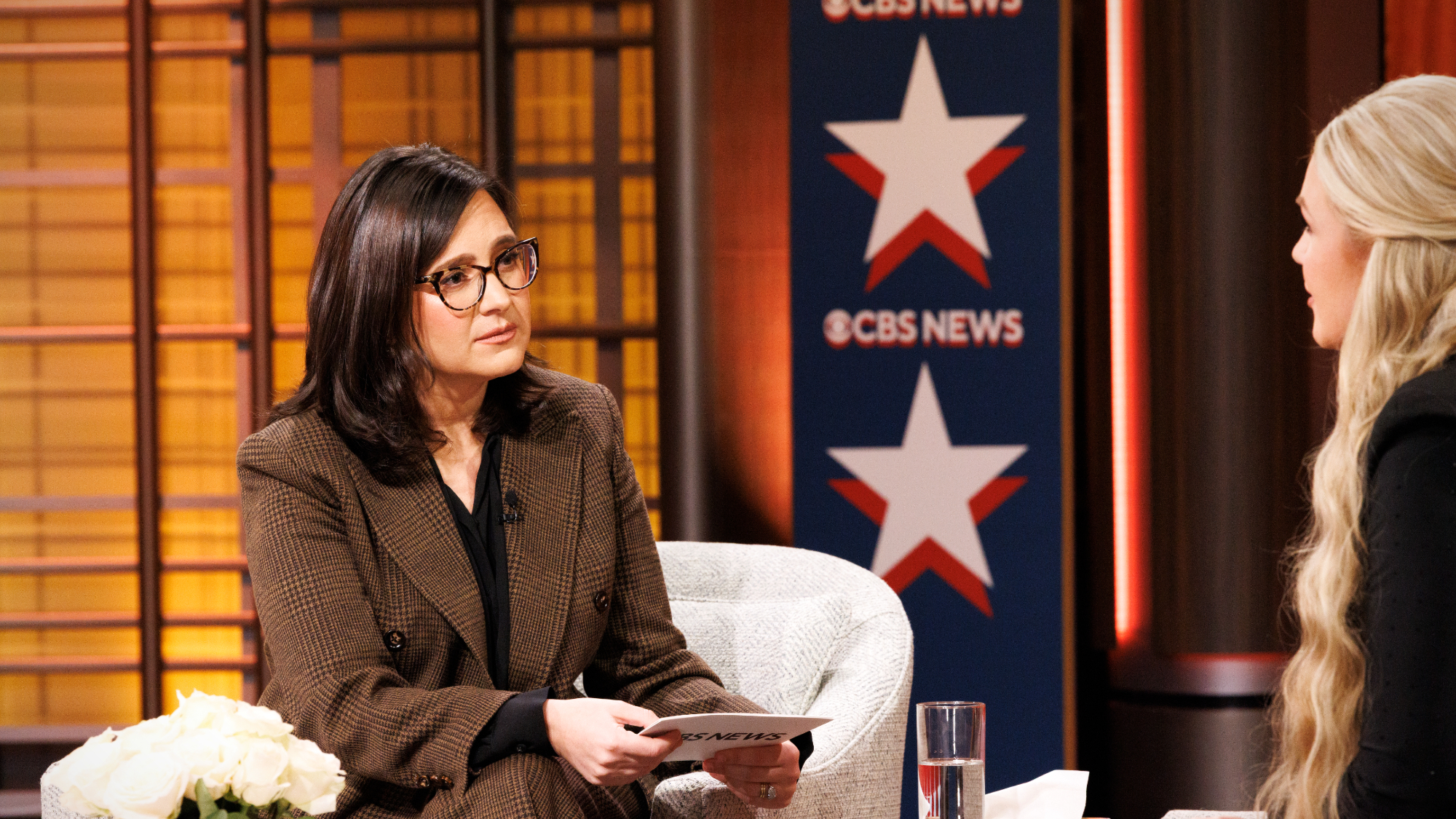 CBS pulls ‘60 Minutes’ report on Trump deportees
CBS pulls ‘60 Minutes’ report on Trump deporteesSpeed Read An investigation into the deportations of Venezuelan migrants to El Salvador’s notorious prison was scrapped
-
 Trump administration posts sliver of Epstein files
Trump administration posts sliver of Epstein filesSpeed Read Many of the Justice Department documents were heavily redacted, though new photos of both Donald Trump and Bill Clinton emerged
-
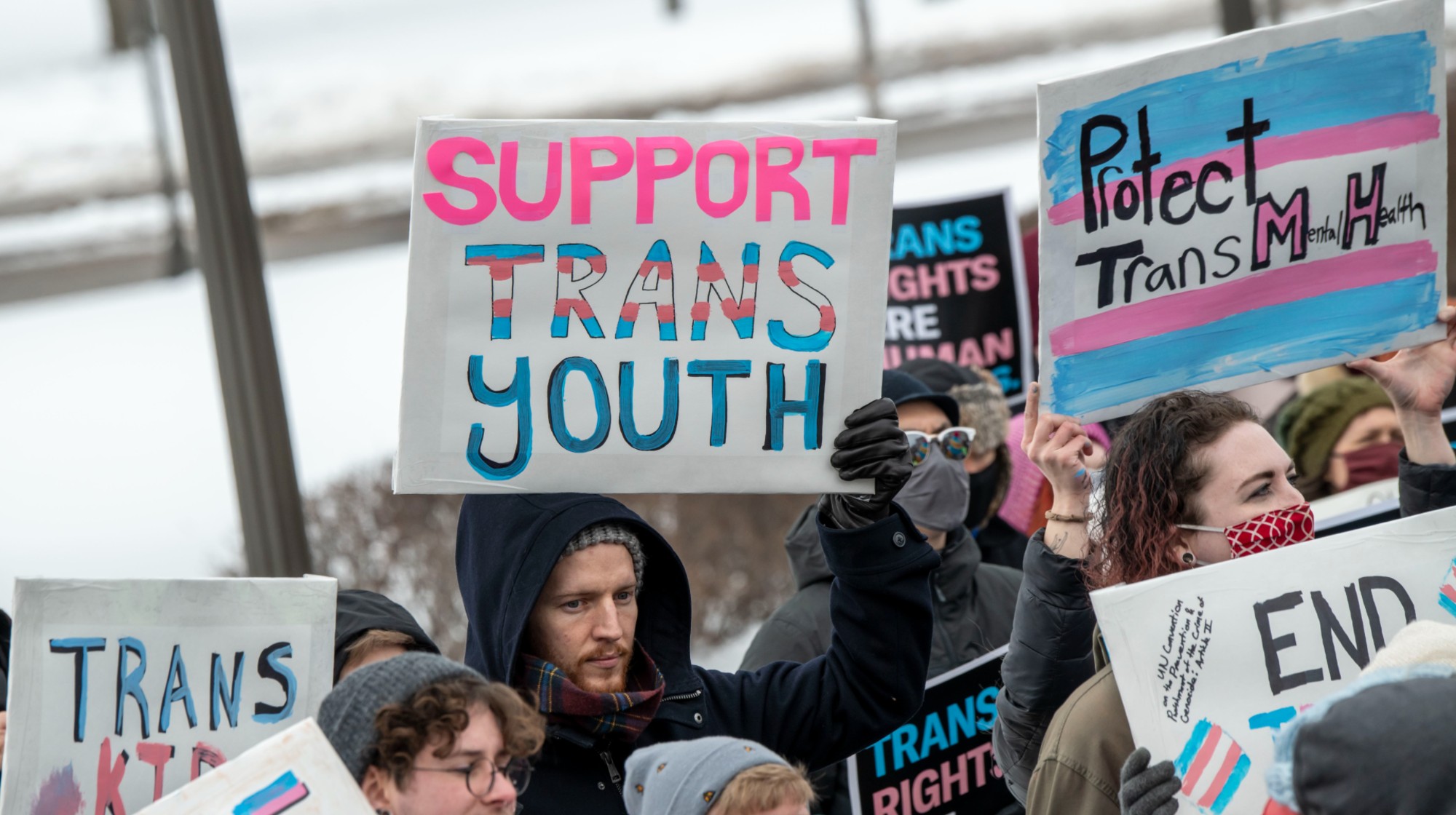 Trump HHS moves to end care for trans youth
Trump HHS moves to end care for trans youthSpeed Read The administration is making sweeping proposals that would eliminate gender-affirming care for Americans under age 18
